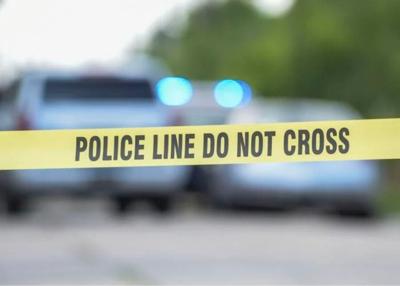Two years after a statewide political campaign in which urban crime was a major issue, Louisiana has seen a remarkable turnaround.
New Orleans has witnessed a steep drop in both murder and gun violence, with 2025 on pace to be the safest year since 1970. After averaging 200 murders per year over the last five years, the city had logged 53 as of early July. And that’s including the tragic New Year’s morning terror attack on Bourbon Street that took 14 revelers’ lives.
Shreveport has seen far fewer homicides in 2025 as well, with nearly half as many as at the midpoint of last year.
Baton Rouge too is seeing fewer homicides this year, down 19% compared to the first half of 2024.
These drops are part of a national trend that has officials and researchers encouraged, but also not exactly sure of how to divvy up the credit. But there are things happening that are surely part of the larger puzzle.
In New Orleans, analyst Jeff Asher points to an infusion of resources from the American Rescue Plan and federal law enforcement agencies, the state, the city and nonprofits.
The drop in crime coincides with — but started before — the arrival of Troop NOLA, the effective and well-received Louisiana State Police unit assigned to the city by Gov. Jeff Landry. Mayor LaToya Cantrell’s Health Department leads a program that includes violence interruption and concentrates on trauma, and nonprofits are on board to offer therapy and community-based services.
Rafael Goyeneche, president of the Metropolitan Crime Commission, also points to a proactive focus on violent offenders by the perennially short-staffed New Orleans Police Department.
Shreveport Police Chief Wayne Smith attributed the good news in his city to an intensive focus on getting firearms out of the wrong hands.
In Baton Rouge — and also in New Orleans — police have countered staffing shortages by ramping up partnerships with federal and state law enforcement agencies.
Other factors likely include the end of the COVID disruptions and the increased use of advanced technology.
We also acknowledge community-led initiatives like the broad-based NOLA Coalition, which is working to build support for the NOPD and invest in badly needed youth services.
And we credit Landry and Attorney General Liz Murrill for crossing political lines to offer help — as well as local officials who disagree with them on other issues but have put those differences aside.
None of this is to say that all is entirely well. Rapes in New Orleans are up, and Baton Rouge has seen a scourge of retail theft. The devastating impact of violent crime on victims and their families doesn’t diminish simply because there are fewer of them. Crime is often cyclical, and can tick up again when officials let down their guard.
So when progress happens, it’s worth applauding — and worth understanding, so that those in charge can be better prepared to keep people safe when the tide turns again.

